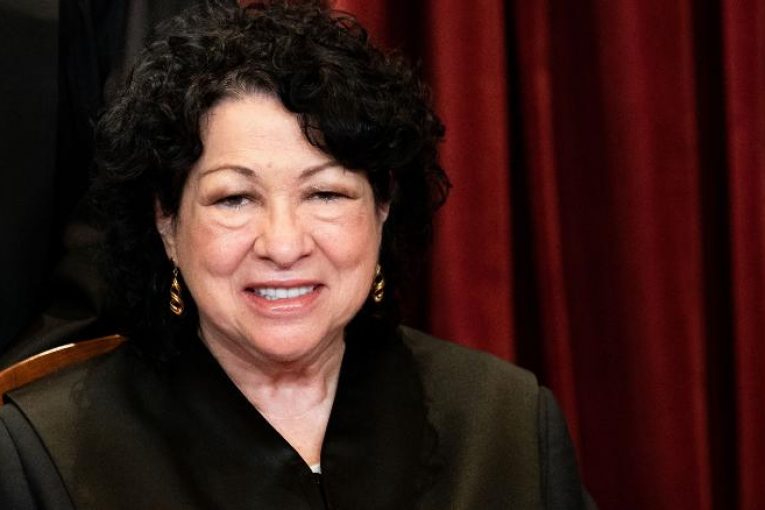
 By Tommy Nguyen
By Tommy Nguyen
WASHINGTON, DC – Because the Florida Court of Appeal failed to address the conflicts during Holcombe’s racketeer and conspiracy trial appropriately, Justice Sotomayor reversed the conviction based on the U.S. Supreme Court precedents.
James Dale Holcombe, Dale Chester Holcombe, and two other codefendants had been charged with racketeering and conspiracy, and all agreed to be represented by the same counsel.
Before the trial proceeded, all defendants were consulted by individual attorneys about joint representation, and reminded by the court of any concerns and risks that go with this decision.
The attorney was hopeful about the process, stating that he is “not aware of any possible conflict based on their current strategy,” but noted that he would have to withdraw “if there becomes a conflict.”
The trial proceeded as the defendants signed the conflict waivers.
However, conflict arose as the two codefendants besides James and Dale Holcombe entered a plea and were called to testify against them, while all four of them were still represented by the same counsel.
This has led the prosecution to voice their concerns before the jury selection began, noting that “the circumstances have changed,” and that this situation has created a much greater conflict of interest that is not “waivable.”
The prosecutor expressed that the situation would lead to the shared counsel’s divided loyalties between his clients, resulting “in a less-than-exhaustive cross-examination of the cooperating witnesses, to Holcombe’s and Dale’s detriment.”
The defense counsel offered to withdraw from representing the two codefendants who entered plea negotiations, but was eventually turned down by the court.
The trial judge concluded that any conflict that could have arisen during this trial had been waived earlier during the proceedings before this situation happened, and therefore should not prevent the joint representation to proceed.
The trial proceeded after, and the Holcombes were convicted and sentenced to 10 years in prison. The court claimed that this conviction is not affected by any conflict for the purpose of the Sixth Amendment.
Holcombe filed a petition for writ of certiorari as a result of the Florida Court’s judgment, which was then rejected by Justice Sotomayor.
The Supreme Court recognized that “joint representation of conflicting interests is suspect,” because the shared attorney “finds himself compelled to refrain” from defending his clients.
In this trial, while the court properly discharged any obligation during the proceedings, they failed to fulfill the renewed obligation as an actual nonwaivable conflict arose, even though they were made aware and expressing concern about the risks and potential conflicts that might arise due to joint representation, said SCOTUS.
The divergence of interests in this situation has “sharpened the potential conflict into an actual conflict that diverges with respect to a material factual or legal issue or to a course of action,” the Supremes added, noting the trial court was obligated to inquire further as this could affect the defense counsel’s performance.
Since the trial judge did not take any precautions by advising the defendants to consult with unconflicted counsel regarding the risks of proceeding with joint representation, the reversal of Holcombe’s conviction should be automatic, citing the Court’s precedents.
Decades ago, this Court explained that “[t]he mere physical presence of an attorney does not fulfill the Sixth Amendment guarantee when the advocate’s conflicting obligations have effectively sealed his lips on crucial matters.”





